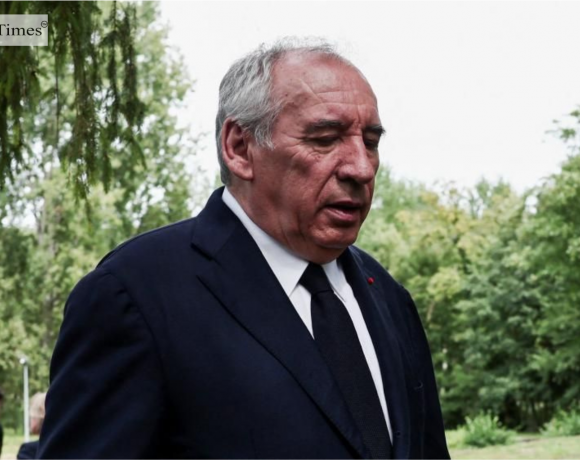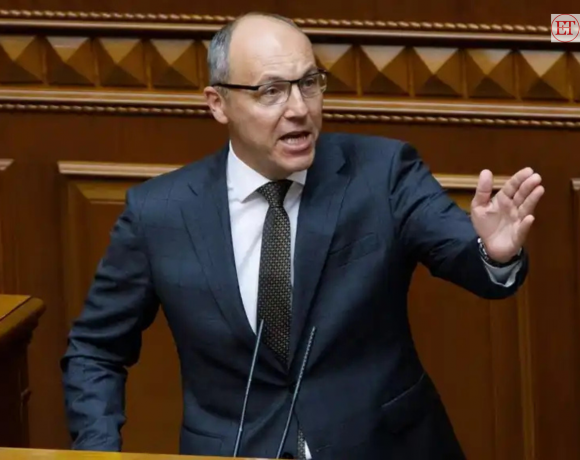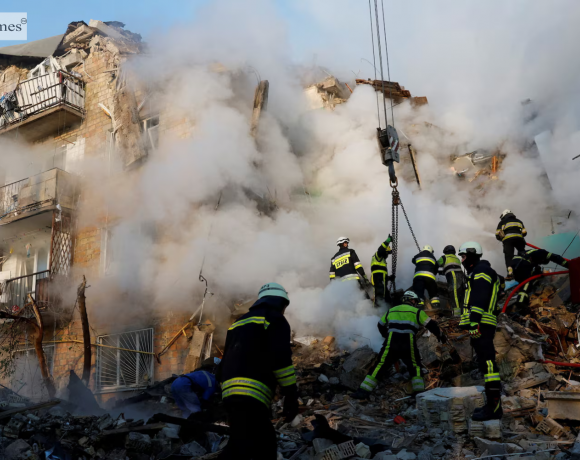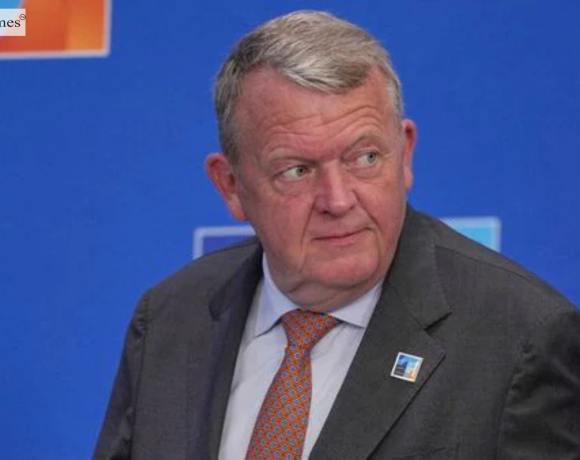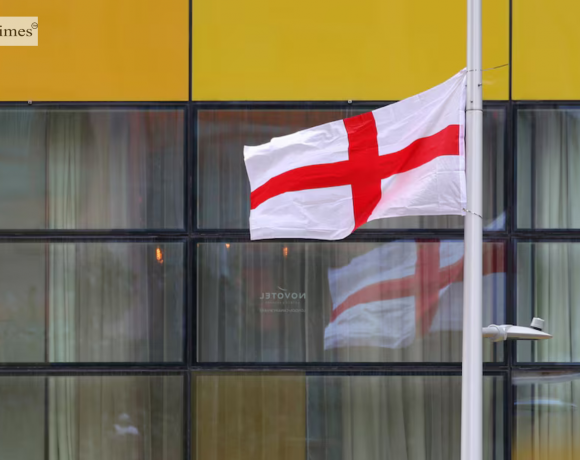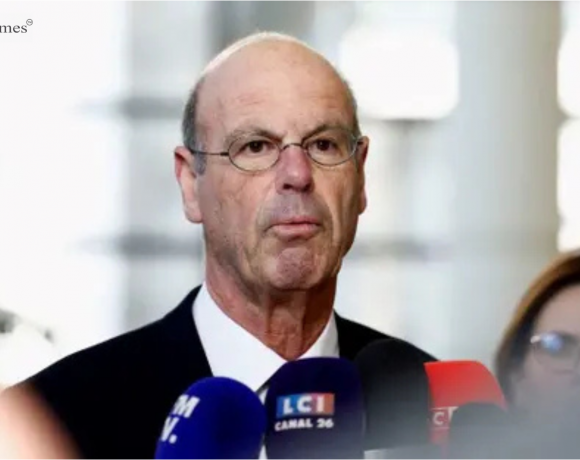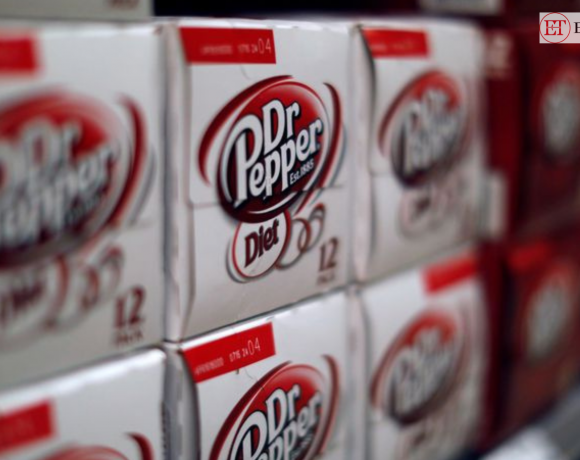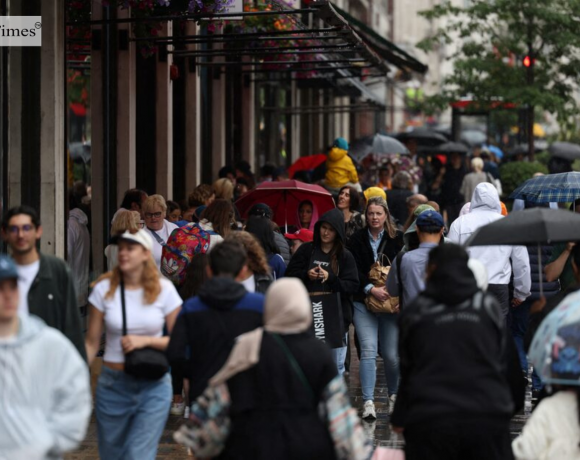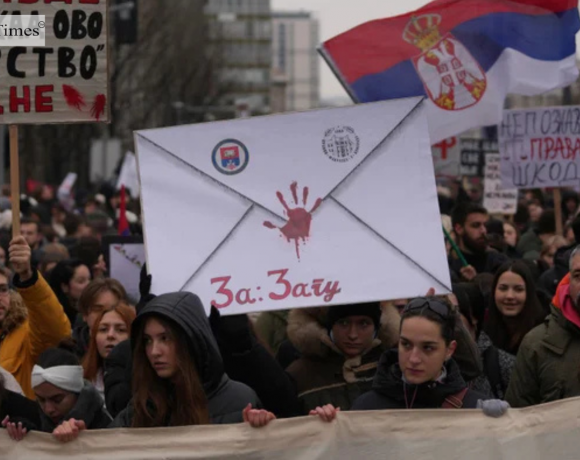
Tens of thousands of people staged a silent march in Belgrade on Monday to honor the 16 victims of a collapsed roof at the city’s renovated railway station and to demand snap elections aimed at unseating President Aleksandar Vucic and his ruling SNS party. Sixteen high school pupils led the procession across Savski Trg square, each carrying a white rose as the names of the victims were read aloud.
The demonstration, organized by students, also spread to towns including Novi Sad, Kragujevac, and Aleksinac. Protesters accused government-linked corruption of causing the disaster and said only early elections could bring accountability. “Corruption is the root of all problems in our society. Elections can be the only solution,” said Srdjan, a 35-year-old scientist attending the march.
Months of protests have rattled Vucic’s government since the November tragedy, with mostly peaceful rallies occasionally turning violent, most notably on August 13 when clashes injured police and civilians. Opposition groups, students, and watchdogs accuse Vucic of ties to organized crime, political intimidation, and suppressing media freedoms—charges the president and his allies strongly deny.
Pic Courtesy: google/ images are subject to copyright

